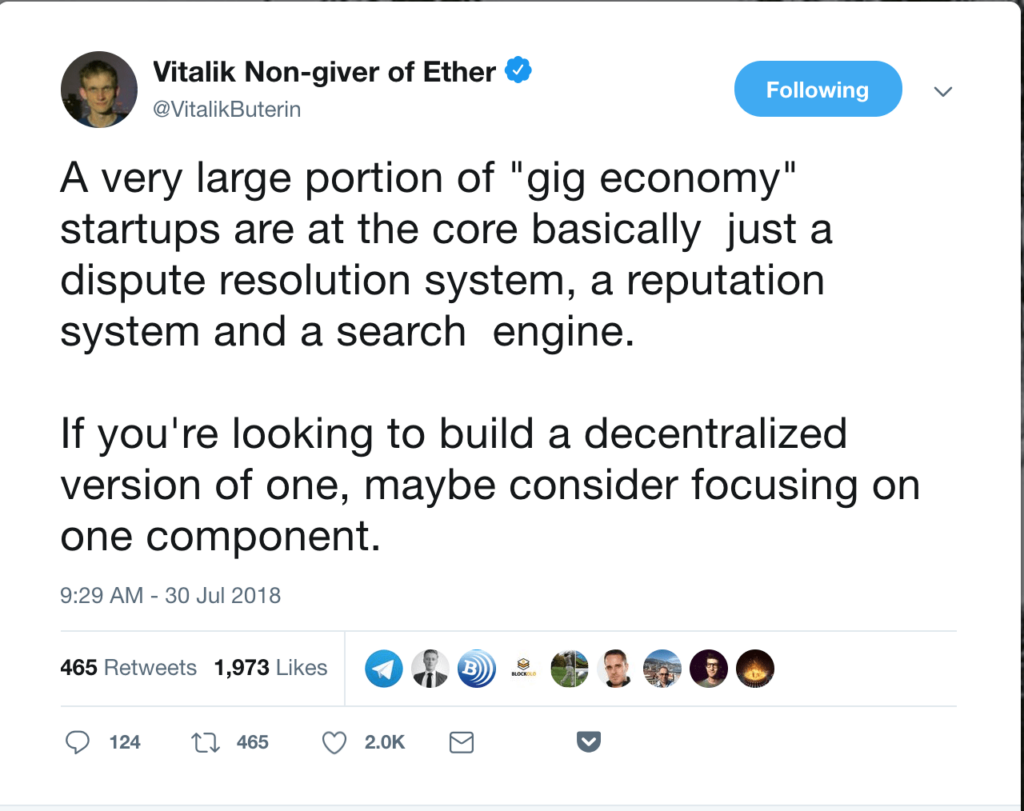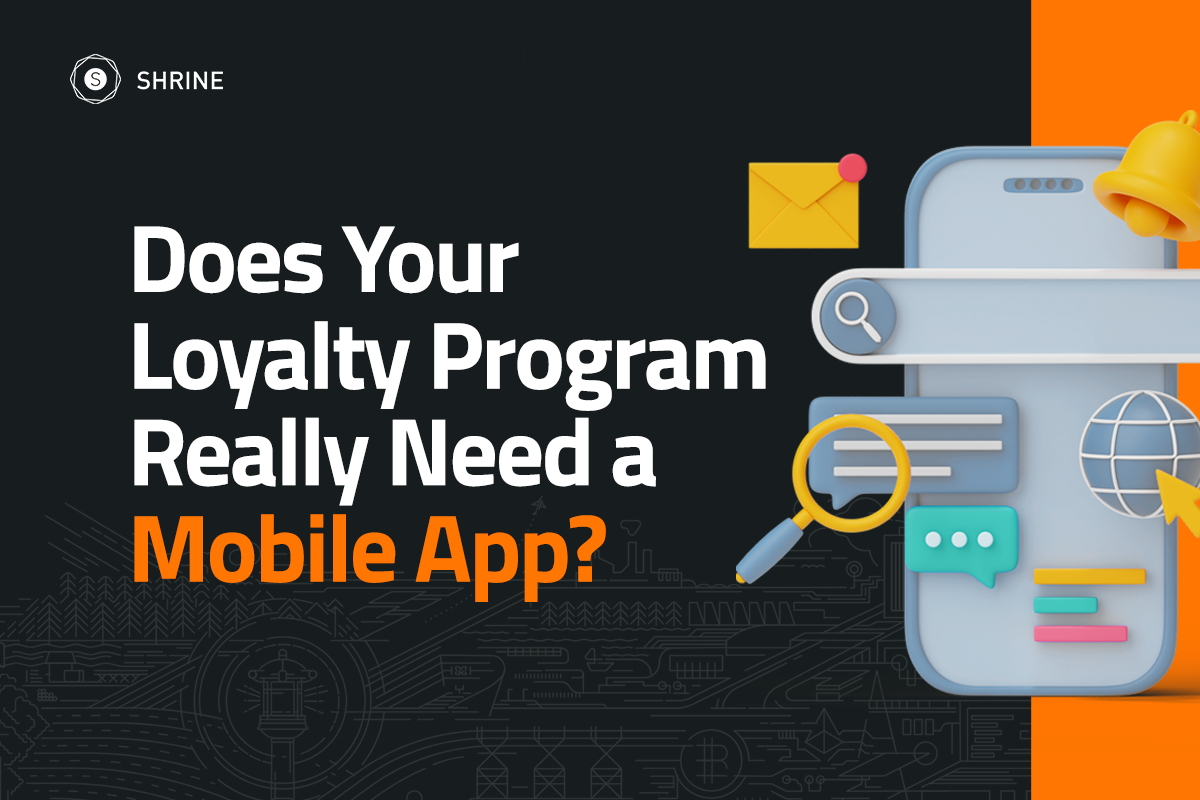Startups such as Airbnb, Uber and Bambino are revolutionizing the way consumers shop. Each of these startups is impressive in their own right and on the surface appear to be drastically different.
However, as Vitalik Buterin, the lead founder of Ethereum, points out these startups share 3 common components: A search engine, a reputation system, and a dispute resolution system.

Vitalik made this comment in the concept of Blockchain Apps, but it applies to all these types of start-ups.
SEARCH ENGINE
The first function of a ‘gig’ AKA peer-to-peer App is to provide a streamlined search experience. The search should default to the user’s current location, or the most active market that the App serves. It should give the appearance that is ‘life’ in the app, but not overwhelm users with choices. The search should be easily filtered to cover the most common use cases, and that filtering experience should be obvious and smooth.
The results of the search should be laid in map format with the option to flip to a list view. Priority for the search results should be given to the proximity of the user’s location followed by how well the results fit the search terms.
REPUTATION SYSTEM
Once a user is able to location a provider their immediate concerns, ‘Can I trust this provider’ and ‘Is this info on availability actually accurate?’. A reputation system is build by providing high-quality, relevant information on the provider and through user reviews. There should also be an effort to assure the user that the information presented is fresh because many startups in the past have played games ‘seeding’ their markets with public data that made it seem like providers where on their platforms when really they were not. It is fine to incorporate / list local providers that are not officially part of your platform if they are properly disclosed.
DISPUTE RESOLUTION SYSTEM
People buy when they feel confident. The benefit of the ‘gig’ economy is that anyone can sign-up, however that means many of the traditional signals that people use to buy are not available. Gig economy providers don’t have brand names, they don’t have physical addresses, they might not even have businesses. This means that Apps in the gig economy need to provide the confidence by providing robust insurance and guarantees and also a clear, concise ways to handle disputes. Be transparent about what happens in the worst case, and provide insights into how disputes would be resolved so users can get a grasp of how bad the worst case would be.
SUMMARY
The gig economy is hear to stay and any industry that does not have sufficiently scary regulation will succumb to it. The players who have done well in the space often seem like magical unicorns, but at their core they are combination of the improvements of smartphones, the desire for more freedom for workers, and usually the liberalization of laws (or in case of Uber the forced liberalization). Those and a tremendous amount of persistence and overcoming naysayers saying ‘I would never trust a stranger to do ___!! You are insane’. That is conversation for another day.




